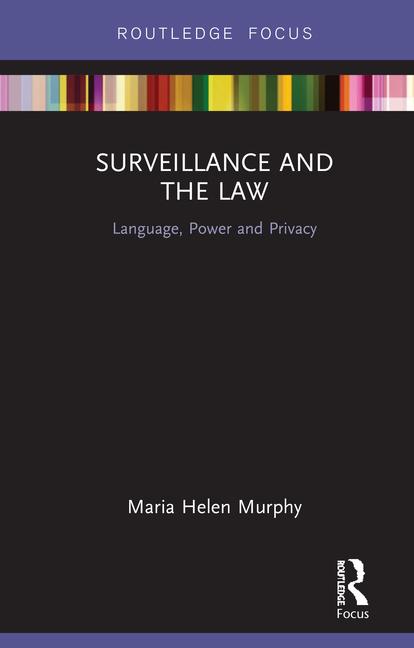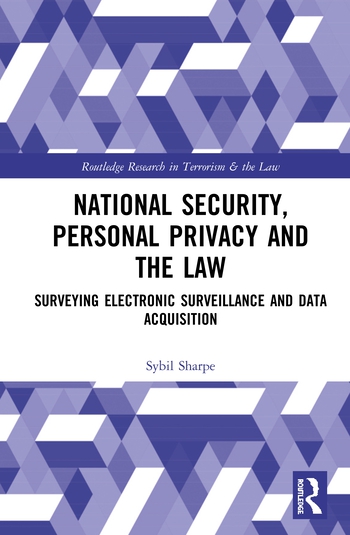Beware of the Contract Language

A case was recently decided in the U.S. District Court in Pennsylvania arising out of a fire protection agreement made between a fire protection company and the owner of commercial real estate who leased warehouse space within the property.
Although the facts emanated in Pennsylvania, the written agreement entered into between the parties stated that the rights and obligations of the parties shall be governed by the laws of the State of Ohio, so the court applied Ohio law.
The fire protection company and the owner entered into a fire protection agreement wherein the fire protection company agreed to replace the damaged sprinkler system piping from underground to line piping caused by the water company flushing the exterior system with too much pressure.
Pursuant to the agreement, the fire protection company performed repair work on the property in May of 2019. Later the same day, after the work was completed, water began flowing from the sprinkler system’s pipes to the property’s warehouse space and ultimately flooded the leased space.
The lessee initiated an action against the fire protection company. The lessee and the fire protection company settled the lawsuit and the fire protection company sued the owner of the property for indemnification pursuant to the terms of the agreement. The owner filed an answer contending that the fire protection company “owed a duty to use reasonable care and skill in repairing the sprinkler system piping” at the property and “breached its duty by failing to act as a reasonable and competent contractor in negligently, recklessly and/or carelessly failing to properly repair the subject piping system.” After a series of filings and stipulations, the fire protection company (plaintiff) filed a motion for summary judgment claiming the building owner (defendant) breached the agreement by failing to name the plaintiff as an additional insured on its insurance policies and by failing to indemnify the plaintiff from the costs and expenses associated with the defense of the lessee’s negligence claim against the plaintiff.
Under Ohio law, the element of breach of contract claims are 1. the existence of a valid contract; 2. performance by the plaintiff; 3. breach by the defendant; and 4. damage or loss to the plaintiff.
The plaintiff relied on the indemnification provision in the contract, which provides that plaintiff is not an insurer. In this provision the customer agrees that neither plaintiff nor subcontractors nor assignees, including, without limitation, those providing monitoring services (collectively, “subcontractors”) are insurers and no insurance coverage is provided by this agreement. The customer acknowledges and agrees that the plaintiff and its subcontractors do not assume responsibility nor shall they have any liability for claims made against them claiming that they are an insurer of customer’s systems. The customer acknowledges that during the term of this agreement, it will maintain a policy of insurance covering public liability, bodily injury, sickness or death, losses for property damage, fire, water damage, and loss of property in amounts that are sufficient to cover all claims of the customer for any losses sustained. The customer agrees to indemnify and hold plaintiff and its subcontractors harmless from and against all costs, expenses (including attorney’s reasonable fees) and liability arising from claims required to be covered by insurance pursuant to this section, including any claims for damages attributable to bodily injury, sickness or death, or the destruction of any real or personal property.
The defendant claimed that the indemnification provision is ambiguous and the scope of the indemnification did not cover the plaintiff’s own negligence but rather only covers the function of the plaintiff’s system as designed.
The court determined that under Ohio law, provisions that purport to limit negligence liability are strictly construed by the courts and such provisions are not given effect unless the intent to provide indemnification for a party’s own negligence is expressed in clear and unequivocal terms. The court went on to state it is a fundamental rule in the construction of contracts of indemnity that such a contract shall not be construed to indemnify against the negligence of the indemnitee unless it is so expressed in clear and unequivocal terms.
The court indicated that the word “systems” connotes a kind of mechanism and indicated that the agreement employs the phrase “systems or services,” indicating that the meaning of the word “systems” does not subsume that of “services.” Accordingly, the court indicated that the phrase “insurer of customer’s system” can be reasonably construed to mean insurer of the fire suppression system, rather than insurer of the services supplied to install, or repair the systems. The court went on to indicate that it is unclear as to the scope of the other kinds of claims contemplated, pointing out language that stated “the failure of such systems to operate effectively, or any other type of insurance coverage as an insurer.” The court pointed out that this line clearly addresses claims relating to the failure of the fire protection system to operate effectively. However, the phrase, “or any other type of insurance coverage as an insurer” is open to two or more reasonable interpretations. Such phrase could be reasonably interpreted to mean any other type of insurance coverage as an insurer of customer’s systems, as limited by the preceding term, or any other type of insurance coverage as an insurer generally, without reference to the preceding terms.
Therefore the court held that because the agreement does not clearly and unequivocally express the party’s intent to indemnify plaintiff for its own negligence, the court determined it unnecessary to reach the issue of whether the party had a fair opportunity to negotiate the terms of the agreement. While clauses limiting the liability of drafter need not be strictly construed against the drafter, “When such burden of indemnification was assented to in a context of free and understanding negotiation, a strict construction of the agreement is not needed to conclude that the agreement language is insufficient to relieve plaintiff of liability for its own negligence.”
Therefore, the plaintiff’s motion for summary judgment was denied.
Looking for a reprint of this article?
From high-res PDFs to custom plaques, order your copy today!









